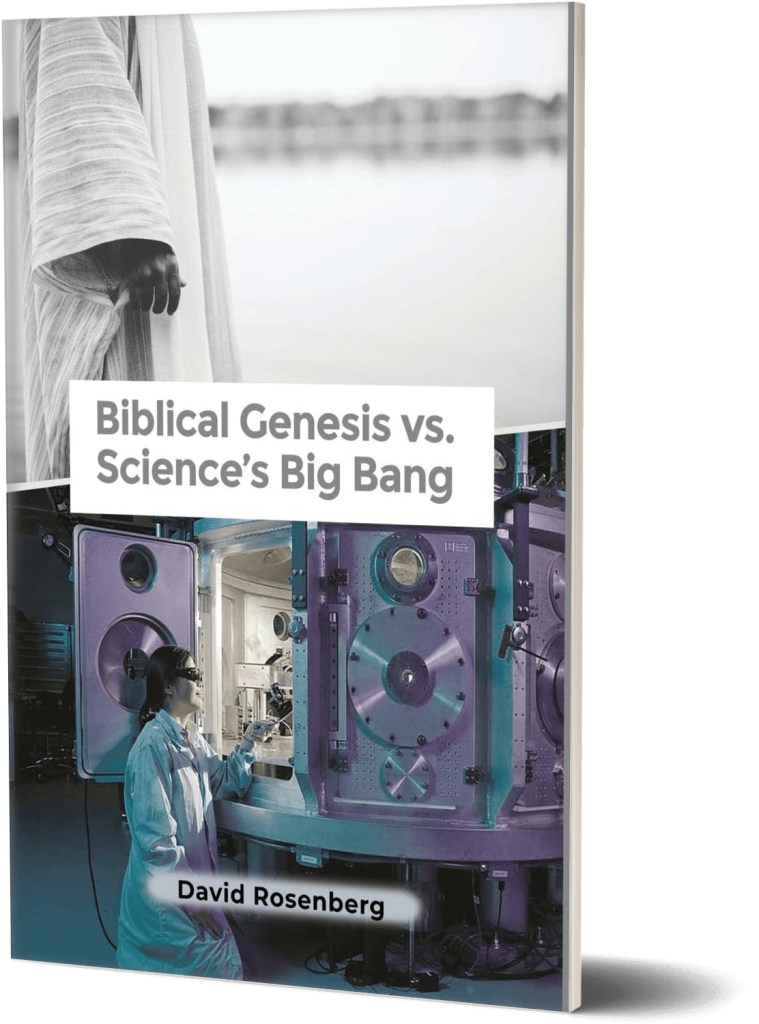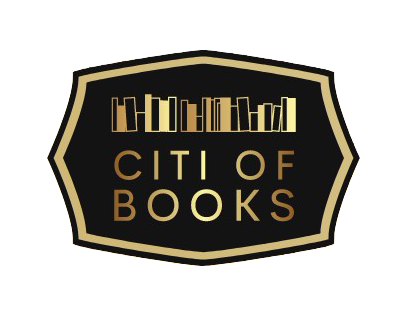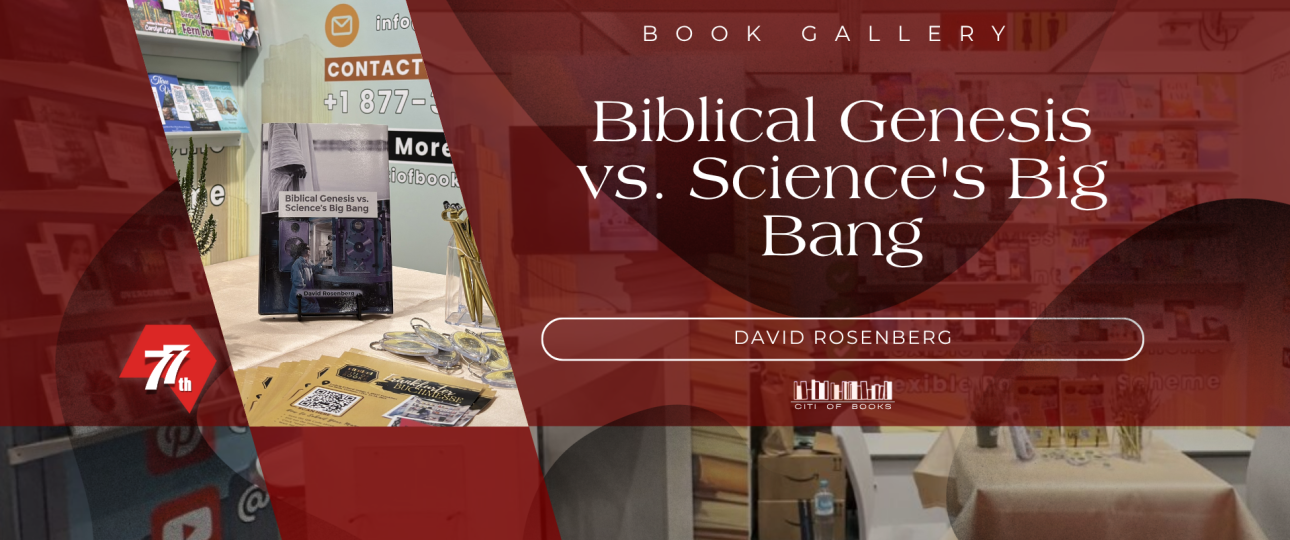
The world’s largest book fair, Frankfurter Buchmesse, once again opened its doors from October 15–19, 2025, in Frankfurt, Germany—welcoming dreamers, storytellers, and innovators from around the globe. Known as the beating heart of the publishing world, this grand event gathers more than 7,500 exhibitors from over 100 countries, along with an expected 280,000 attendees and 10,000 media professionals. It’s not just a fair—it’s a global celebration of literature, culture, and creativity.
This year’s fair promises to be extraordinary, with over 4,000 seminars and roundtable discussions spotlighting the future of books and storytelling. From bold new voices to legendary authors, the Frankfurt Book Fair 2025 continues to serve as the ultimate hub for discovering fresh perspectives and timeless tales.
This year’s Guest of Honour—Philippines—adds even more vibrance to the event, presenting its rich literary tradition and cultural heritage. With an array of thought-provoking works and captivating stories, the 2025 Frankfurter Buchmesse promises to be a celebration of imagination without borders.
https://www.messemasters.com/shows/frankfurt-book-fair/
As the fair celebrates another successful year of bringing together the brightest minds in publishing, Citi of Books proudly joins the festivities at the 77th Frankfurter Buchmesse, showcasing inspiring titles from its talented authors. Among the featured works in the Book Gallery is “Biblical Genesis vs. Science’s Big Bang: Why the Bible Is Correct” by David Rosenberg — it invites deep thinking and grappling with big questions about origins, science and meaning.
David Rosenberg holds a bachelor’s degree in chemical engineering from New York Polytechnical Institute, a master’s in chemical engineering from New Jersey Institute of Technology, and a doctorate degree from SUNY Brooklyn. He has worked for Naugatuck Chemical on polymerization models and for combustion engineering on large chemical plants and nuclear models. After taking advanced physics courses at NJIT and Princeton, he worked with Edward (Rocky) Kalb on nucleosynthesis of the big bang.
He used a big bang model based on the Bible to post a number of papers on the internet astrophysics archives. While in the LSU Relativity Group Loni Hyrel 17, he worked on black hole formation models on the computer. At the same time, he preferred a biblically based model that explains dark matter, dark energy, missing antimatter, and everything else.

This thought-provoking work, “Biblical Genesis vs. Science’s Big Bang: Why the Bible Is Correct,” sets out to challenge mainstream cosmology by arguing that the opening chapters of the Hebrew Bible provide the most accurate account of the universe’s origin. Rosenberg, with a background in chemical engineering and nuclear modelling, claims that the “Big Bang” and singularity-based cosmological models fall short in explaining phenomena like dark matter, antimatter imbalance, and energy beyond singularity collapse. His book presents the Biblical narrative as not merely spiritual myth, but as the best theoretical framework for physical cosmology.
Rosenberg guides the reader through his critique of singularity-based cosmology, black hole collapse theories, and the limitations of standard nuclear and astrophysical models. He then juxtaposes these with what he interprets as the accurate cosmological model portrayed in Genesis—arguing that the Hebrew Bible describes events in a sequence that aligns better with observations of the universe’s structure and behaviour. His aim is to show that a biblically-based model can account for missing antimatter, dark energy, the imbalance of forces, and other issues that current science still struggles to explain.
For those interested in the intersection of science and faith, this book is provocative, daring and unique. It takes on heavyweight cosmological topics—Big Bang theory, singularities, antimatter, dark energy—and does so from the perspective of someone who has technical credentials and a theological commitment.
Even for readers without a physics background, Rosenberg has aimed to keep the core arguments comprehensible, with technical details sequestered for readers who want further depth. The book invites readers to question accepted scientific orthodoxies and to consider that our foundational cosmological paradigms might be due for reconsideration.
Whether you agree or disagree with his conclusions, you’ll likely emerge with a refreshed perspective on how we conceive of beginnings—of the cosmos and of ourselves.
Purchase book through this link: https://a.co/d/9dYQHKk

